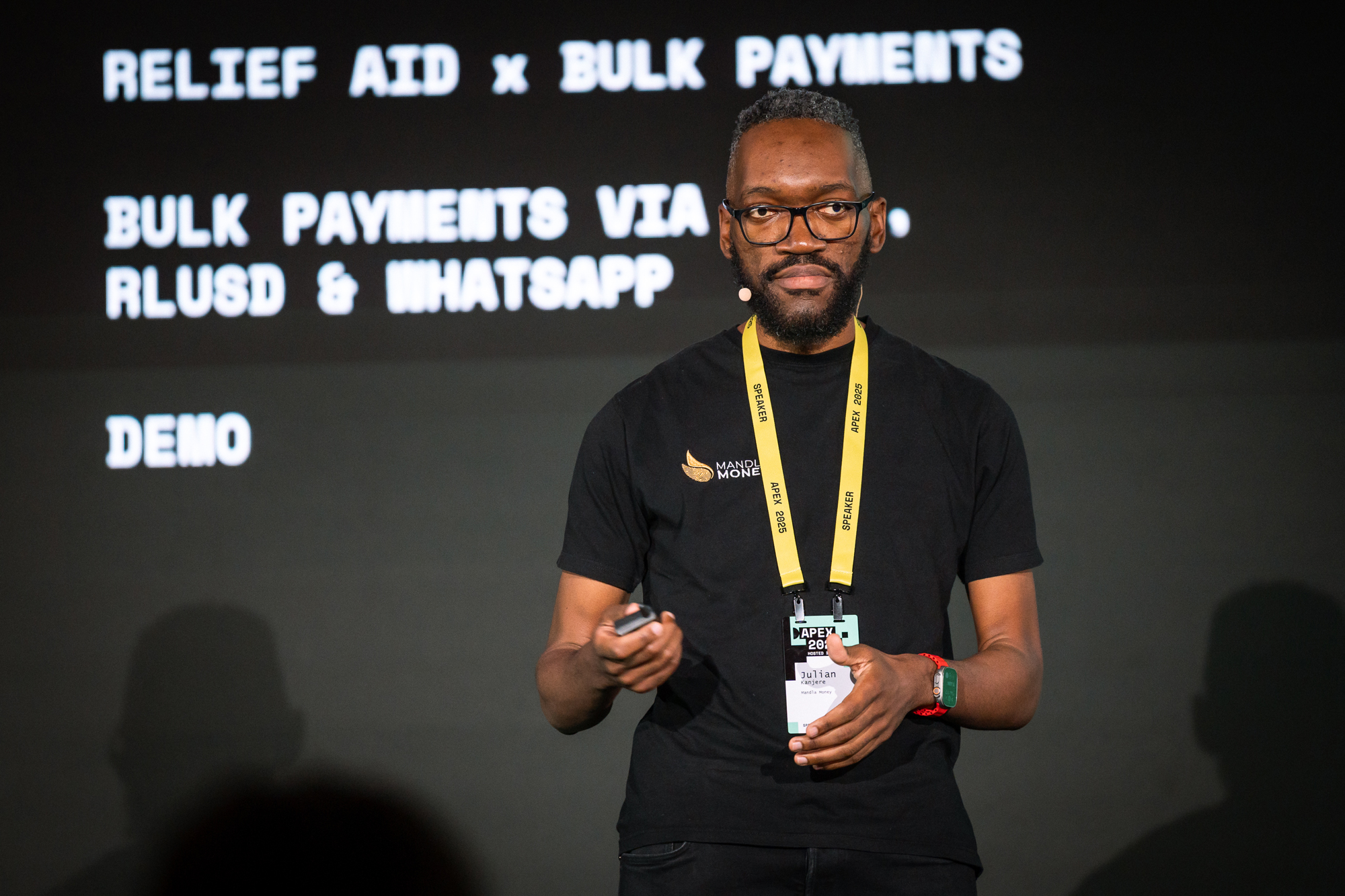After a successful trip to Singapore this year, University of Cape Town (UCT) student Julian Kanjere is excited about the potential of stablecoins to advance financial inclusion.
Stablecoins function as a reliable bridge between sovereign fiat currencies and crypto assets. In return, users enjoy the benefits and potential profits of crypto assets while mitigating their volatility. A 2023 paper from the South African Reserve Bank (SARB) noted: “Their (stablecoin) ability to perform money-like functions as a medium of exchange, store of value and unit of account means that their use cases are essentially identical to those of sovereign currencies. »
Kanjere, a doctoral student at the School of Economics, said: “A stablecoin is a representation of a government-issued currency on the blockchain, meaning it does not exhibit the volatility associated with cryptocurrencies, and simultaneously exploits the low cost and high speed properties of using blockchain as a means of payment.
The advantage of stablecoins lies in their stability. “The value of the stablecoin is linked to the value of the national currency.”
Conference takeaways
Kanjere was in Singapore at the XRP Ledger Apex 2025 conference hosted by Ripple, a blockchain-based digital payments company. There, he talked about the integration of Ripple’s recently launched stablecoin RLUSD with the Mandla Money WhatsApp wallet. Money Mandla is a FinTech company he co-founded with another UCT alumnus. It is supported by the UCT Financial Innovation Hub. Mandla Money’s flagship product is Mandla Wallet, which allows users to send and receive money via WhatsApp and SMS. “It is timely that Mandla Money’s WhatsApp wallet has recently added support for various stablecoins, including RLUSD, USDC and EUROC,” he said.
“The question for us was how to introduce the stablecoin to emerging markets.”
At the conference, he spoke about civil contingencies and cash assistance and showed how Mandla Money’s bulk payments web portal and WhatsApp wallet can be used for distribution of cash assistance using the RLUSD stablecoin. This has use cases in humanitarian aid distribution, micropayments, and government-to-person payments, to name a few.
“The question for us was how to introduce stablecoins to emerging markets, and one way we believe is to leverage technology that already exists and is used daily: WhatsApp. live demo was well received because I think there was a clear vision of how this can be useful for the distribution of social grants and emergency aid, in the form of digital money, directly to the mobile phone numbers of beneficiaries.
Backups
However, there are risk factors and reliability issues associated with blockchain-based financial services. McKinsey & Company noted: “While a stablecoin itself can remain securely on a blockchain, in the event of bankruptcy, holders may be treated as unsecured creditors and not have full access to the reserves.” This is just one of several risks we could think of.
“There have been bad actors in this space. If you mention crypto, there will likely be someone who has been scammed in some sort of way. I accept the skepticism associated with crypto, so building consumer trust is fundamental,” Kanjere said.
“One way to build trust is to partner with existing, trusted financial service providers, to give credibility to the work and incentivize people to use these technologies. From a consumer perspective, whenever you’re dealing with digital forms of money, they not only need to trust the platform, but also take security precautions, like protecting passcodes and using trusted devices.”
Mandla Money provides a level of security by limiting the amount of money one can carry, so that if one finds themselves in a precarious situation, financial ruin will not befall them.
“We don’t want people to be left behind and we want them to be financially self-sufficient,” Kanjere added.










